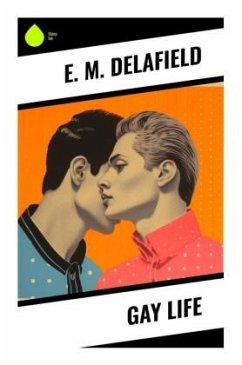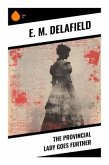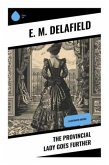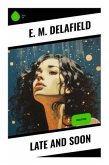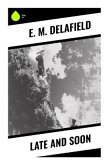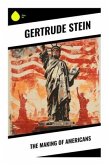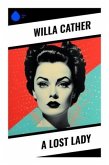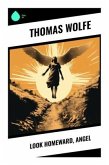E. M. Delafield's "Gay Life" delves into the nuanced experiences of individuals within the LGBTQ+ community during the early twentieth century, articulated through a blend of sharp wit and keen social observation. The narrative is structured through a series of vignettes that capture the vibrant yet often constricting societal norms of the time. Delafield's distinctive literary style, characterized by her use of irony and vivid characterization, offers an acute commentary on the conflicts between personal identity and societal expectations, situating the work within the broader context of modernist literature that sought to challenge traditional notions of love and intimacy. E. M. Delafield, born Edmée Elizabeth Monica Dashwood, was an insightful observer of her era's social fabric, whose own experiences and education informed her writing. Living through a time of evolving attitudes towards gender and sexuality, Delafield's keen sense of empathy and understanding of marginalization propelled her to write "Gay Life." Her background as a writer and her engagement in feminist movements lend an authentic voice and urgency to her exploration of LGBTQ+ issues in a time when such discussions were often taboo. This book is highly recommended for readers interested in early LGBTQ+ literature, as it offers an invaluable perspective that continues to resonate today. Delafield's nuanced portrayal of diverse characters invites empathy and reflection, making "Gay Life" not only a significant historical text but also a profound exploration of love and identity that remains relevant in contemporary discussions.
Bitte wählen Sie Ihr Anliegen aus.
Rechnungen
Retourenschein anfordern
Bestellstatus
Storno

